
Suit Supply is a company that manufactures and sells reasonably priced quality suits for men. It has also built itself a reputation, in the Netherlands, for its controversial commercials. Also this year, many complaints were filed before the Advisertising Code Committee (RCC), after Suit Supply launched their Toy Boys campaign
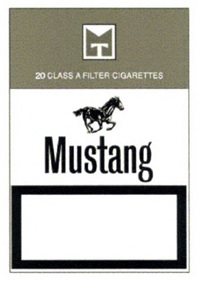
Mustang is a famous German jeans brand (launched in 1948). Its logo, which contains a stylized mustang, refers to the wild west. The trademark is registered in many countries. When a comparable logo is registered for tobacco the jeans company opposes this. The products are, of course, entirely different. Still the applied trademark may damage the distinctive qualities and reputation of the famous jeans brand.
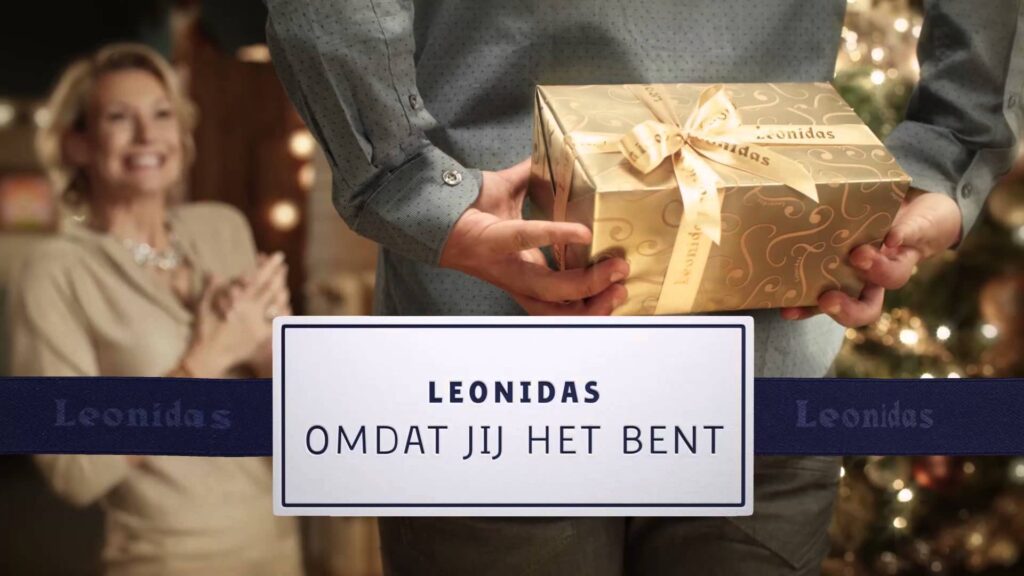
In 1965 Storck (the German manufacturer of Merci) introduces the brilliant idea to market chocolate specifically as a gift. Chocolate for friends to show your gratitude. Therefore all commercials end with the pay-off “Merci, for being you” (or similar slogans in other languages). By using a slogan consequently for a prolonged time, it becomes distinctive, and therefore, the phrase can be registered as trademark.
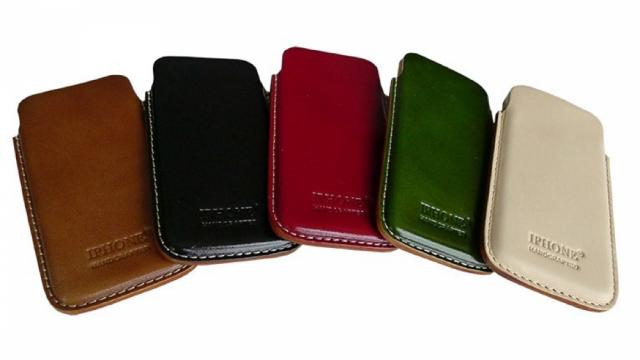
Well-known trademarks have a broad protection. The holders of these trademarks can act against unfair use of their trademarks, even if used for other products. However, the titleholder has to prove that the trademark was well-known at the moment that a third party applied for an identical or similar trademark. Apple experienced this first hand in China.
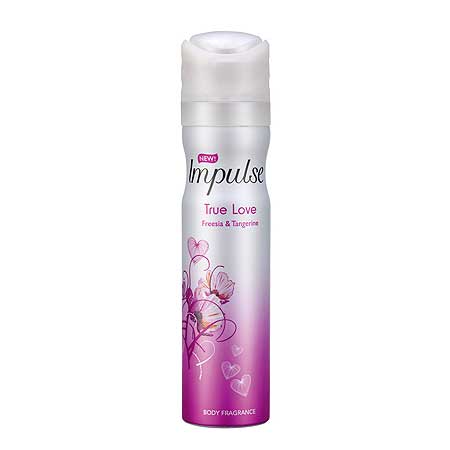
Trademark protection is always limited by territory. A Benelux trademark is limited to its borders and usually not beyond. The consequence of this territorial limitation is that it is possible to file trademarks in the Benelux that are similar to older foreign trademarks. This summers the European Court has judged on whether a foreign trademark proprietor may invoke the reputation of his trademark to stop a new application.
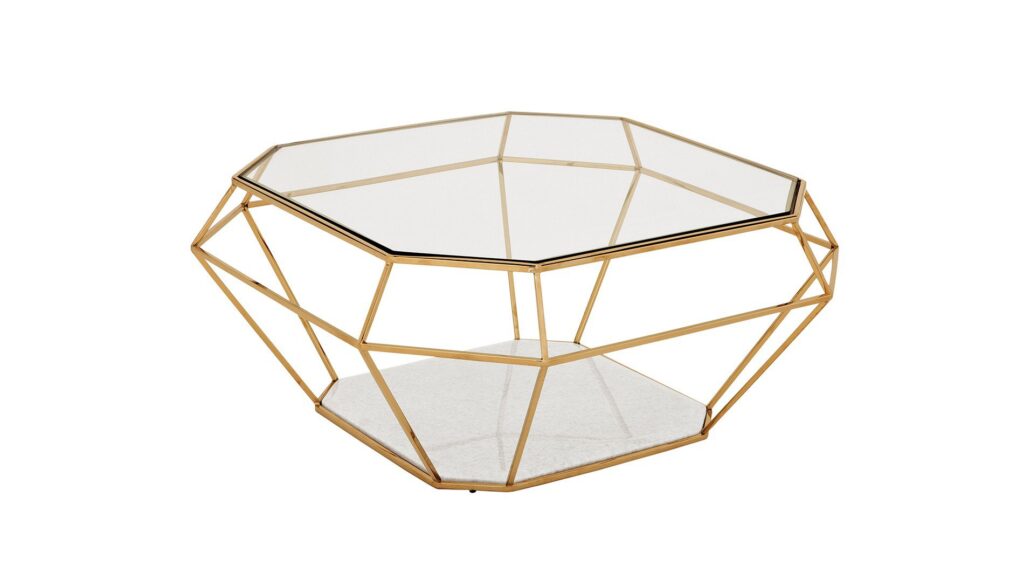
Eichholtz sells furniture in all of Europe. At a exhibition in Paris it shows its new tables. The tables are made of glass in a frame with eight corners (colours in gold and nickel) with a bottom plate made of marble. To protect its rights both tables are filed as European designs. When a similar table appears on the market Eichholtz demands a prohibition on this. The other party claims that the design registrations are not valid. The design would not be new and does not have its own character since it has the same shape as the Ascher-diamond. The main question is whether use of the same design for a different product affects novelty.
Call us: 071-5763116 or send an e-mail: info@abcor-ip.com
Een korte introductie tekst over de nieuwsbrief waarin je uitlegt wat het is. Hoe je direct de nieuwste editie kunt lezen en hoe je je kunt abonneren. And click here for all the numbers.
Among others in this issue:
• EUIPO vs Mora TV: weigering geluidsmerk
• Jägermeister vs Alte Heiler: stop Russische copycat
• Stichting Nederlandse Top 40: gericht op Benelux?
• Tijdschrift HART vs Hermitage: soortgelijkheid
• Monique Granneman: nieuwe partner Abcor